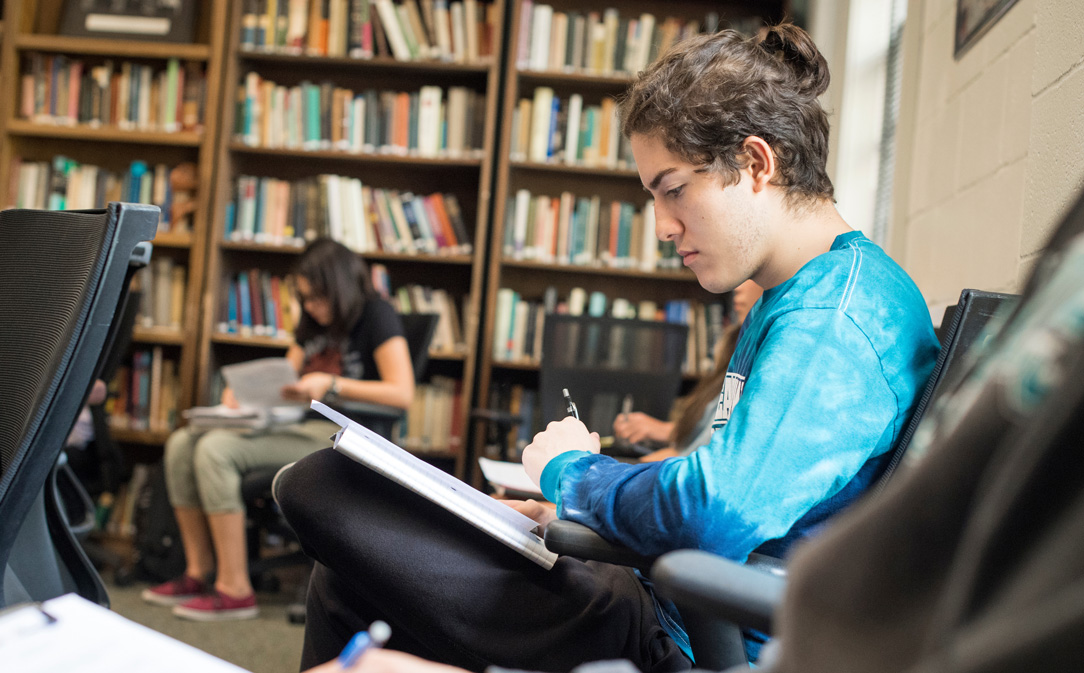Department of Psychology
Our Degree Programs
College & Department News
Contact Us
Department of Psychology
Phone: 910.962.3370
Fax: 910.962.7010
601 S. College Road
Teaching Laboratory Building
Wilmington, NC 28403






